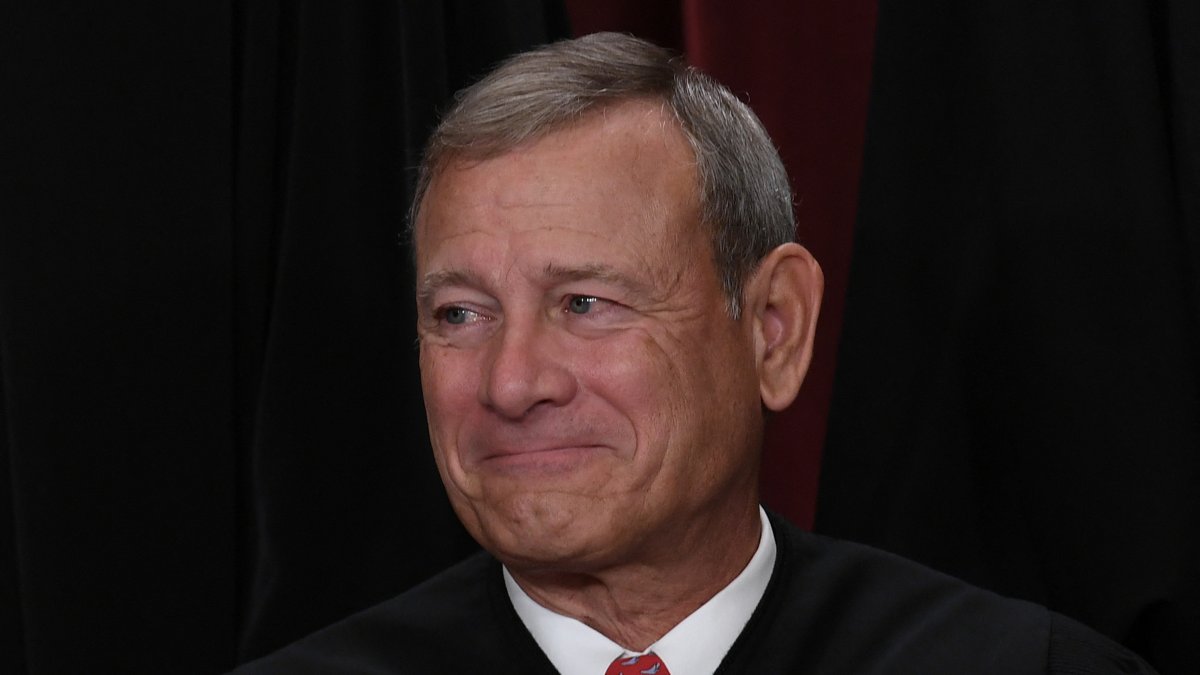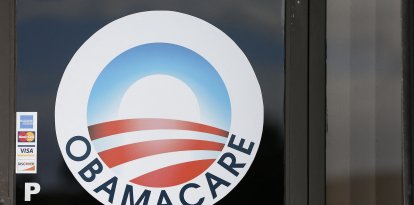Supreme Court rejects new civil rights protections for LGBTQ+ students implemented by Biden
The ruling was 5-4, with the three progressive justices and Neil Gorsuch writing the dissenting opinion.

The ruling was 5-4, with the three progressive justices and Neil Gorsuch writing the dissenting opinion/ Olivier Douliery
The Biden administration in April expanded Title IX, specifically modifying the meaning of sex discrimination to include sexual orientation and gender identity. The initiative prompted many Republican states to refuse to abide by the rule and block its implementation. The case ended up in the Supreme Court, which ruled against the White House and rejected the emergency request to partially reinstate its new rule.
After several Republican attorneys general rejected President Biden's initiative and some judges blocked its implementation in certain states, the White House asked the nation's highest court to limit these injunctions and only block bans on gender identity discrimination, allowing the other changes to go into effect.
The Supreme Court ruled 5-4 against the Biden administration, although no justice signed the majority opinion.


Sociedad
Un juez bloquea la aplicación del Título IX de la Administración Biden en otros cuatro estados
Verónica Silveri Pazos
"On this limited record and in its emergency applications, the Government has not provided this Court a sufficient basis to disturb the lower courts’ interim conclusions that the three provisions found likely to be unlawful are intertwined with and affect other provisions of the rule," read the text endorsed by John Roberts, Brett Kavanaugh, Amy Coney Barrett, Samuel Alito and Clarence Thomas.
The dissenting opinion, in this case signed by Elena Kagan, Sonia Sotomayor, Ketanji Brown Jackson and Neil Gorsuch, expresses the following: "By blocking the Government from enforcing scores of regulations that respondents never challenged and that bear no apparent relationship to respondents’ alleged injuries, the lower courts went beyond their authority to remedy the discrete harms alleged here."
">🚨BREAKING: In a 5-4 decision, SCOTUS has struck down the Biden-Harris administration's rewrite of Title IX, which would have allowed men in women’s sports, bathrooms, locker rooms, dorms, and compelled speech.
— Riley Gaines (@Riley_Gaines_) August 16, 2024
HUGE win. Onward! pic.twitter.com/MwOmRYpgg3
As reported from The Hill, "the decision is not a final judgment in the various lawsuits challenging the new Title IX rule, and the cases will now return to lower appellate courts," so the case could eventually return to the Court.
What is Title IX?
Enacted in 1972, Title IX was designed to prohibit any discrimination on the basis of sex in schools or programs receiving public money.
"No person in the United States shall, on the basis of sex, be excluded from participation in, be denied the benefits of, or be subjected to discrimination under any educational program or activity receiving Federal financial assistance," reads the original Title IX drafted by then-Sen. Birch Bayh (D-IN).

























